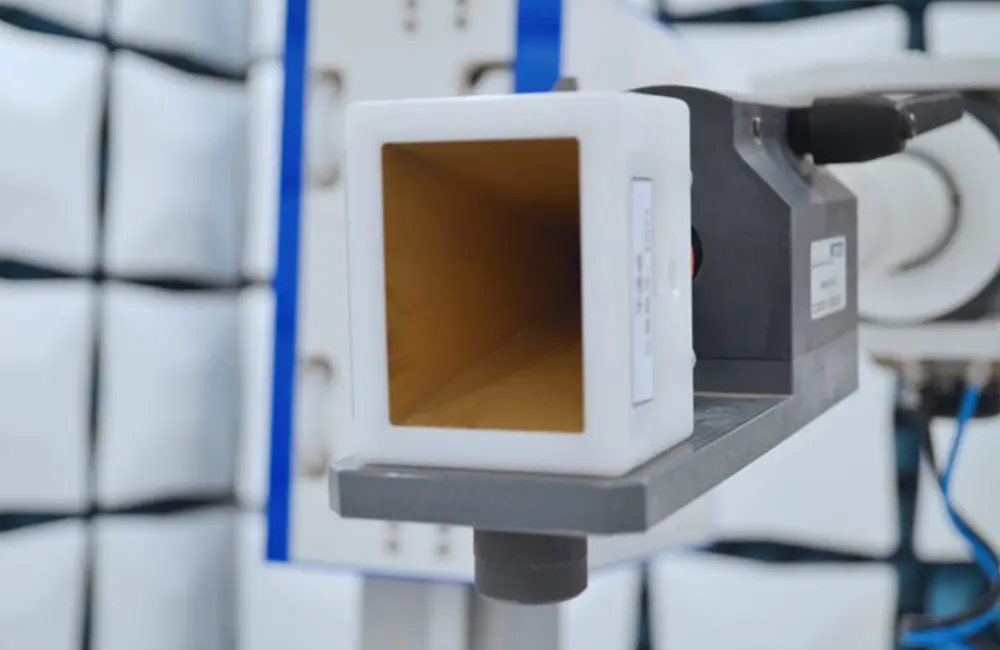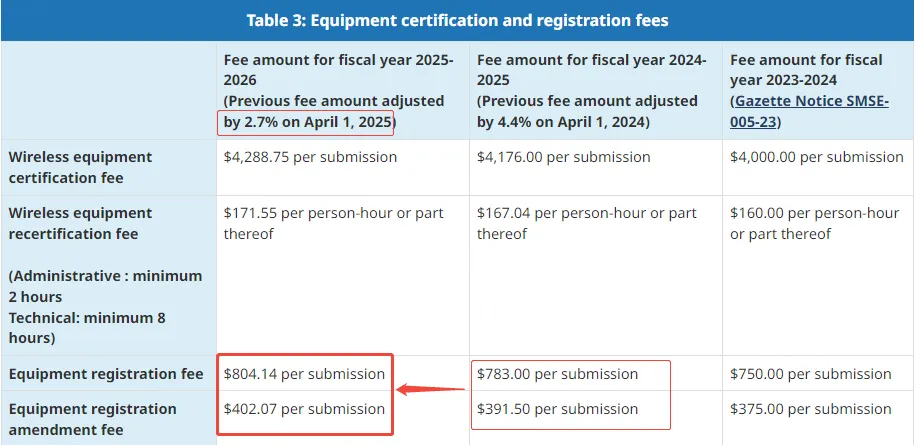
RF Testing Services
What is RF (Radio Frequency) Testing?
RF (Radio Frequency) testing involves the evaluation of electronic devices and components to ensure they meet applicable RF requirements, adhering to national and international standards and regULations. The JJR Laboratory in China assesses these requirements to guarantee compliance.

Benefits of RF Testing:
1. Applicable to all electronic devices and components integrating one or more wireless interfaces.
2. Aims to protect and efficiently utilize the radio spectrum.
3. Ensures global market access and success.
4. Network of global testing laboratories and RF testing experts.
5. Compliance with all national and international standards and requirements.
About RF Testing:
rf testing services are designed to assess RF requirements in electronic devices and components. These tests are essential to ensure that products with integrated wireless interfaces fully comply with national and international standards and requirements.
Our RF testing services provide support to manufacturers whose products need to meet specific standards and requirements for spectrum protection and efficient spectrum use. These are regulatory requirements for most companies, which is why our RF testing experts must be fully certified according to specific national laws.
We ensure that all our clients' products fully comply with all applicable or requiRED RF requirements in every market, ensuring market access and success with minimal interference.
Our RF Testing Includes:
1. Short Range (30 kHz – 866 MHz)
2. Near Field Communication (NFC / RFID)
3. Digital Enhanced Cordless Telecommunications and 1.9 GHz Ultra Low Energy (ULE)
4. Bluetooth v2.0 to v5.2
5. Wireless LAN (IEEE 802.11 a/b/g/an/ac/ax)
6. Zigbee (2.4 GHz)
7. Low Power RF Technologies: LoRa, Sigfox
8. Cellular: GSM, WCDMA, LTE, NB IoT, CAT M1, 5G, MulteFire, OnGo (CBRS)
9. Connected Driving: DSRC, PC5, SAE J2945/1 and SAE J2735, ITS – G5, Radar 24 GHz, 77 GHz
10. Ultra-Wideband 3.1-10 GHz
11. WiGig (IEEE 802.11ad) 60 GHz
Email:hello@jjrlab.com
Write your message here and send it to us
 What is Protection Class EN 60529?
What is Protection Class EN 60529?
 IP69 Certified Protection
IP69 Certified Protection
 California Energy Commission Testing Lab
California Energy Commission Testing Lab
 What Does the Canadian IC Mark Mean?
What Does the Canadian IC Mark Mean?
 How Much is the Canada IC ID Certification cost?
How Much is the Canada IC ID Certification cost?
 How Much is the Canada IC ID Certification Fee?
How Much is the Canada IC ID Certification Fee?
 How Much is the UL 982 Test Report csost?
How Much is the UL 982 Test Report csost?
 ISO/IEC 17025 Accredited Test Laboratory
ISO/IEC 17025 Accredited Test Laboratory
Leave us a message
24-hour online customer service at any time to respond, so that you worry!




